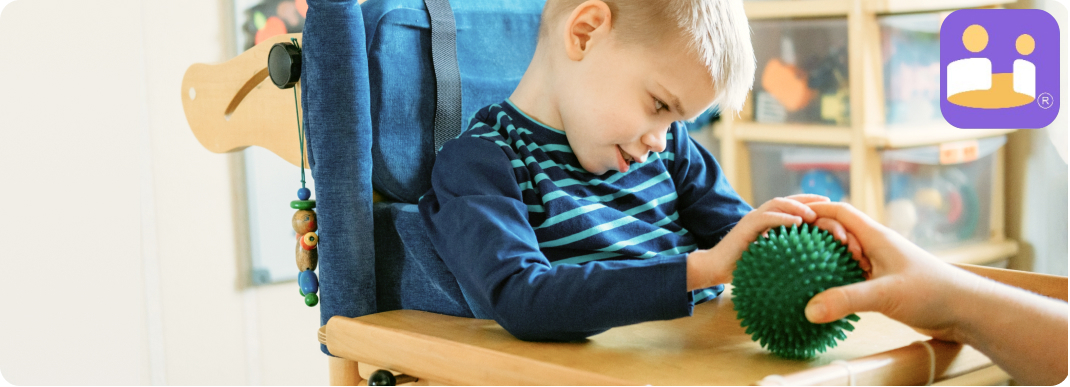Blog Posts
Early detection of children's mental health

Mental health is an essential aspect of overall well-being for people of all ages, including children. Unfortunately, mental health issues in children often go undetected and untreated, which can lead to severe consequences later in life. Early detection and intervention are crucial to preventing long-term negative outcomes. In this blog, we will discuss the importance of mental health for children and the significance of early detection and treatment.
Understand Mental Health
Firstly, it's essential to understand that mental health is not just the absence of mental illness. It is a state of well-being in which an individual realizes their potential, can cope with the everyday stresses of life, can work productively, and contribute to their community. In children, good mental health enables them to develop their social and emotional skills, self-confidence, and resilience. These skills are essential for success in life and are necessary for building positive relationships with peers, family, and society.
Prevalence of Mental Health Disorders Among Children
Unfortunately, mental health disorders are prevalent among children. According to the World Health Organization (WHO), approximately 10 to 20 percent of children and adolescents worldwide experience mental disorders. These disorders can affect a child's emotional, behavioural, and cognitive development, leading to issues such as poor academic performance, social isolation, and even self-harm.
Early Detection and Intervention
Early detection and intervention are critical in addressing mental health issues in children. Mental health problems, when detected and treated early, are more likely to have a positive outcome, leading to improved academic, social, and emotional functioning. It is, therefore, essential to be aware of the signs and symptoms of mental health issues in children. Common signs include frequent mood swings, difficulty sleeping, changes in appetite, and avoiding social interactions. These symptoms can indicate depression, anxiety, or other mental health disorders that require professional attention.
Parents, caregivers, and educators play a crucial role in identifying mental health issues in children. They should pay attention to the child's behaviour, mood, and emotions and communicate with them regularly to establish an open and supportive relationship. Teachers and other school staff can also play a crucial role in identifying mental health issues in children by observing their behaviour and reporting any concerns to the child's parents or guardians.
Prevent More Mental Health Struggles
Early detection and treatment of mental health issues in children can prevent more severe mental health problems later in life. Therefore, it's essential to prioritize mental health in children and ensure that they receive adequate support and treatment when necessary. Parents, caregivers, and educators should work together to promote positive mental health and well-being in children, creating a supportive and nurturing environment.
How Jiguar Helps Early Detection of Mental Health Struggles in Children
In conclusion, mental health is an essential aspect of overall well-being in children, and it's crucial to prioritize it. Early detection and intervention are vital in addressing mental health issues in children, preventing long-term adverse outcomes. Parents, caregivers, and educators should be aware of the signs and symptoms of mental health issues in children and provide adequate support and treatment when necessary. By working together, we can create a supportive and nurturing environment that promotes positive mental health and well-being for all children.
The Jiguar app is specifically designed to assist parents to track their child's development from birth to 18 years of age. It provides easy and automated screening tools that can help identify potential delays or concerns early on. The Jiguar app is a great tool for parents to use in collaboration with medical screenings and planning.





